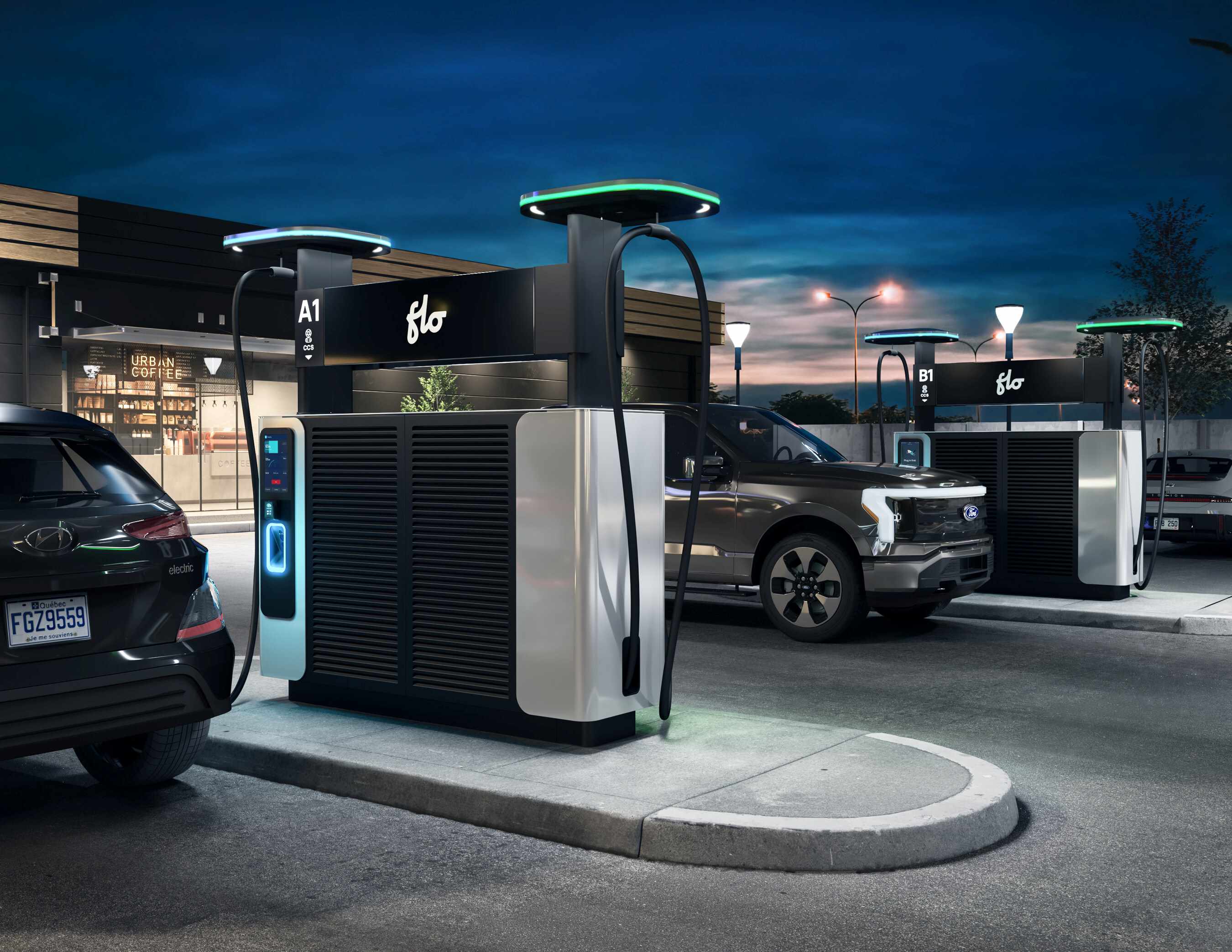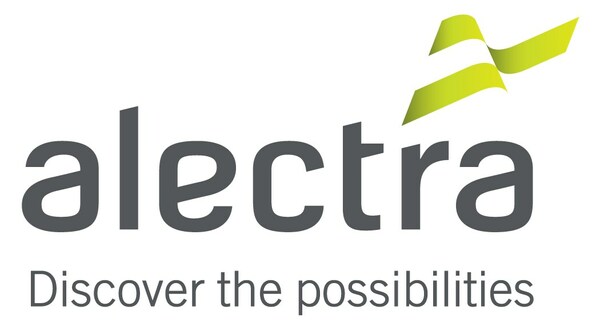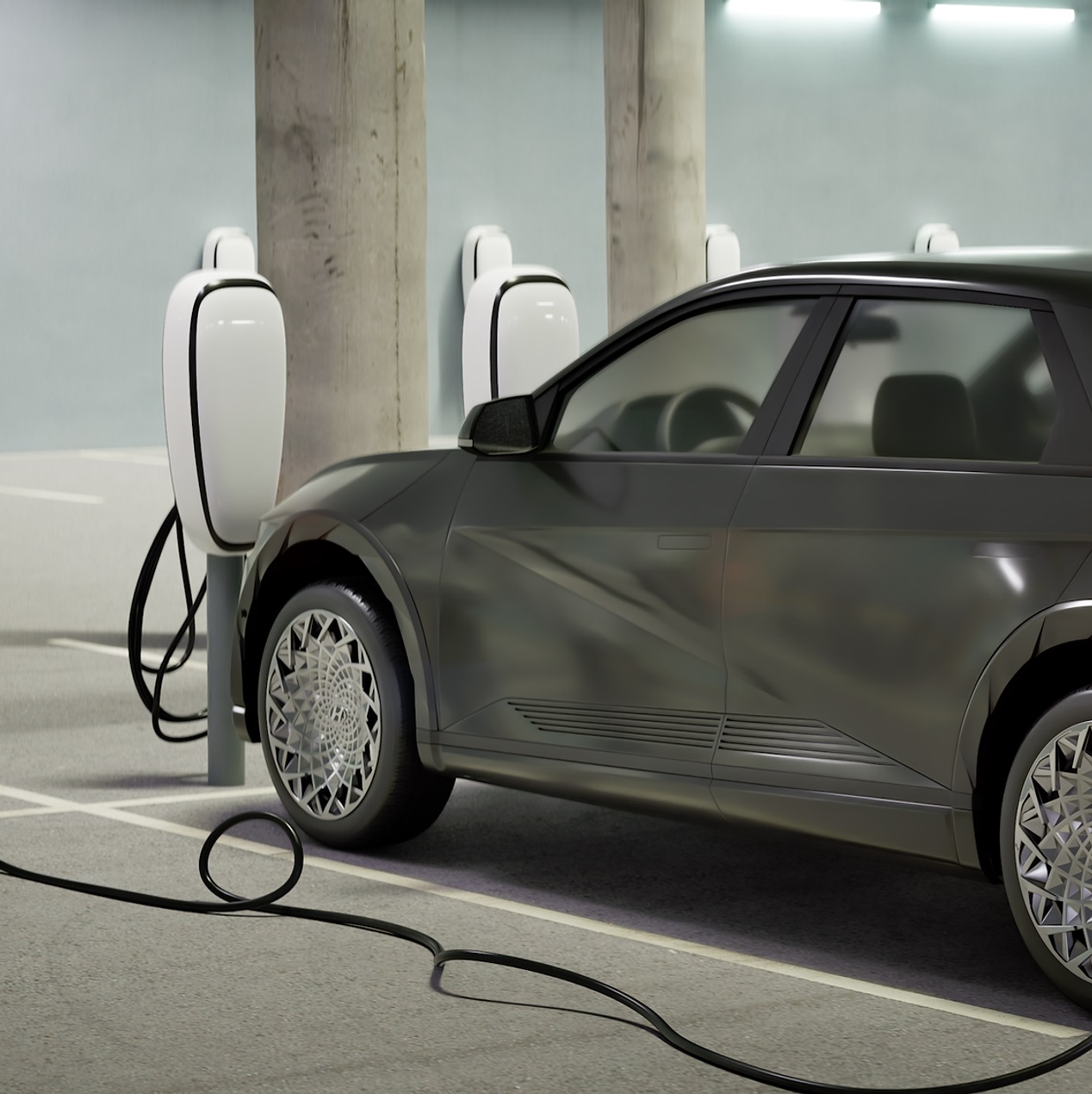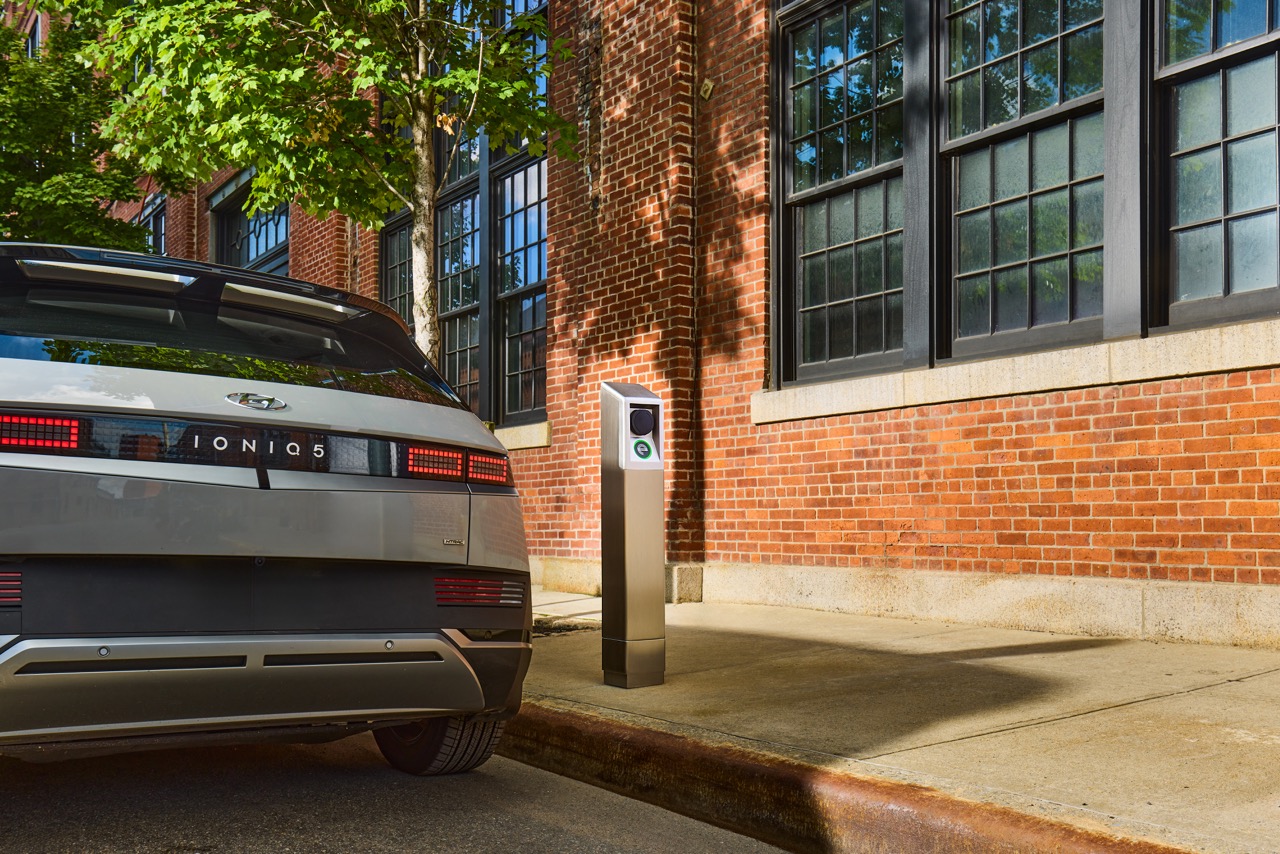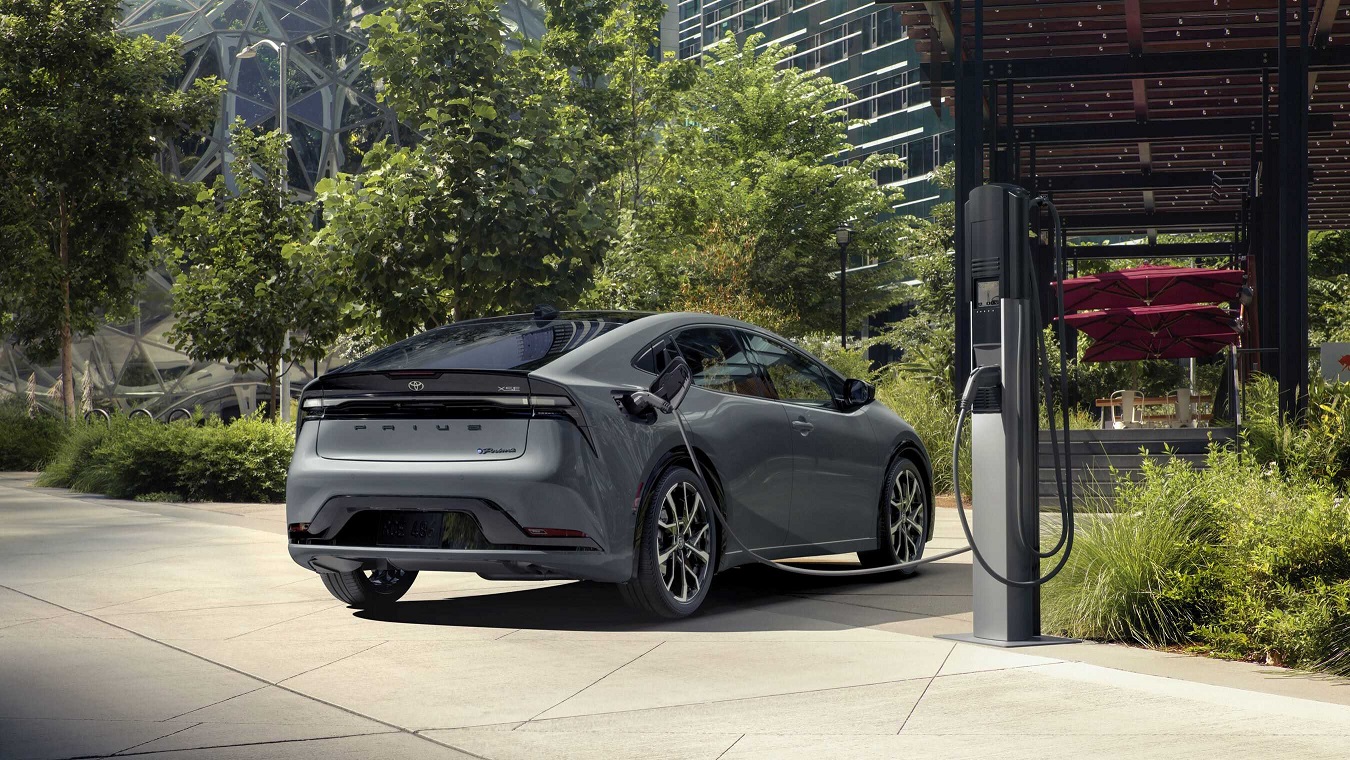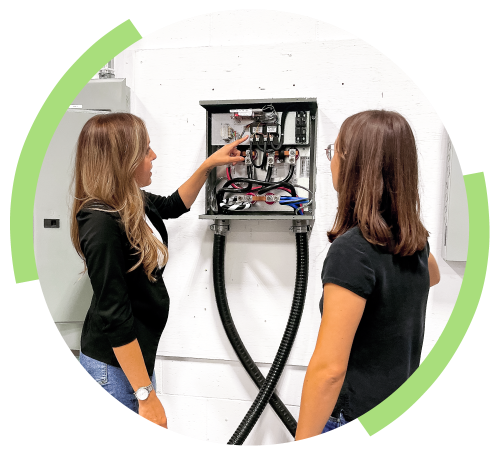
This project will eventually free up 4,000 megawatts of power from the electrical grid and enable electric vehicle charging to be moved to off-peak hours, argues David Corbeil, president and co-founder of RVE. Fondaction, Export Development Canada (EDC) and Investissement Québec each contribute CA$2m and a grant of nearly CA$2m from the Ministère de l'Économie, de l'Innovation et de l'Énergie completes this transaction.
"This collaboration, which brings together three investors who share our values and vision, gives us the means to achieve our ambitions," continues Corbeil. "First and foremost, we want to provide equitable, low-impact, sustainable access to home charging for electric vehicles. Whether owners live in a multifamily building or a single-family home, the goal is to simplify everyone's contribution to a carbon-neutral future."
RVE's patented hardware and software energy management systems (the DCC product line) are compatible with all electric vehicles and charging stations. They allow for optimised management of a home's electrical capacity without having to increase it and, in the case of a multi-unit residential building, attribute the amount of electricity used during charging to the owner's electricity meter for simplified billing. These technologies are perfectly in line with the Quebec government's new EV charging strategy, which aims, among other things, to increase access to home charging and adapt 35% of parking spaces in multi-unit buildings to allow for the installation of charging stations.



